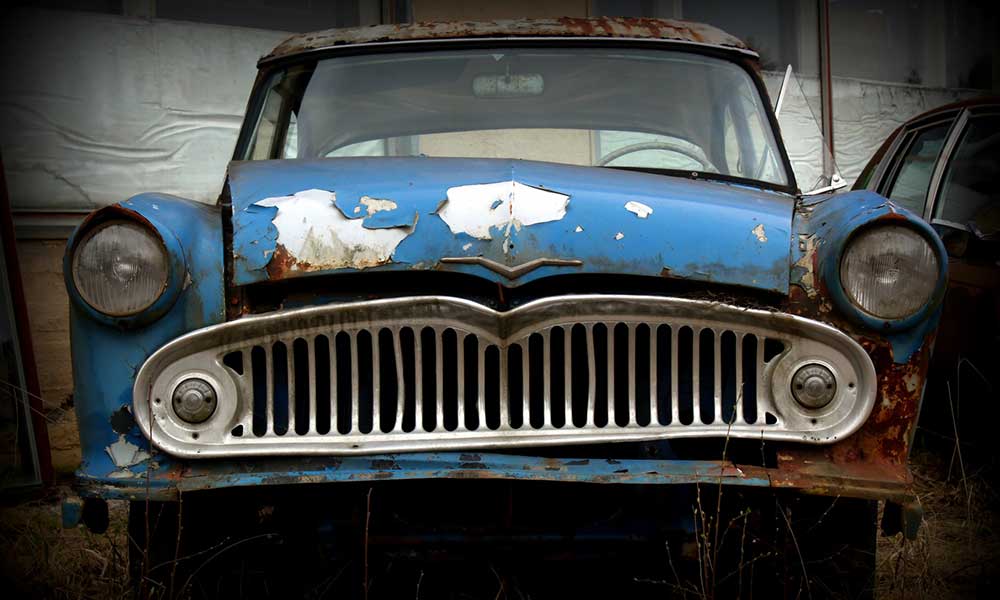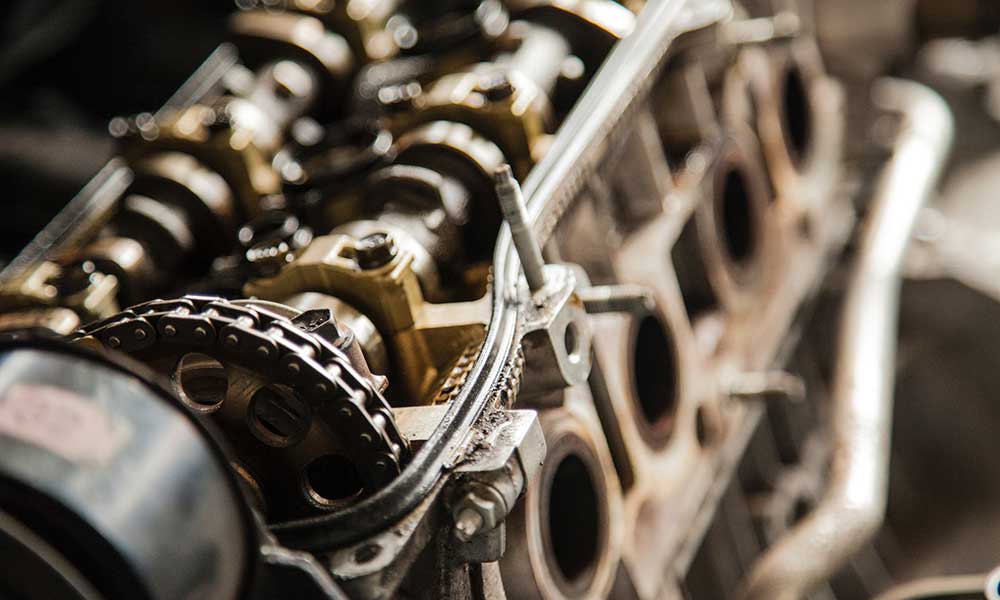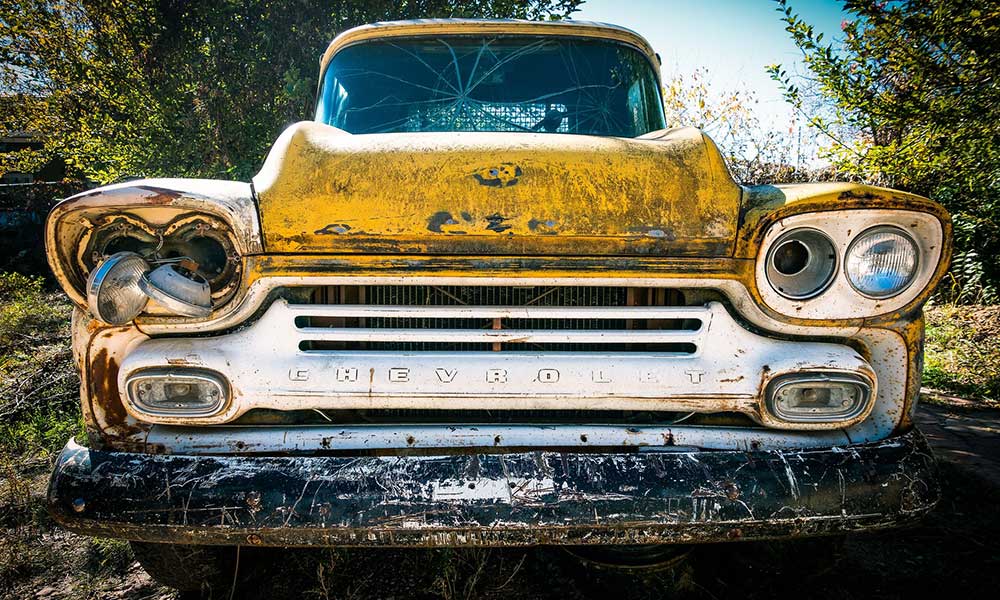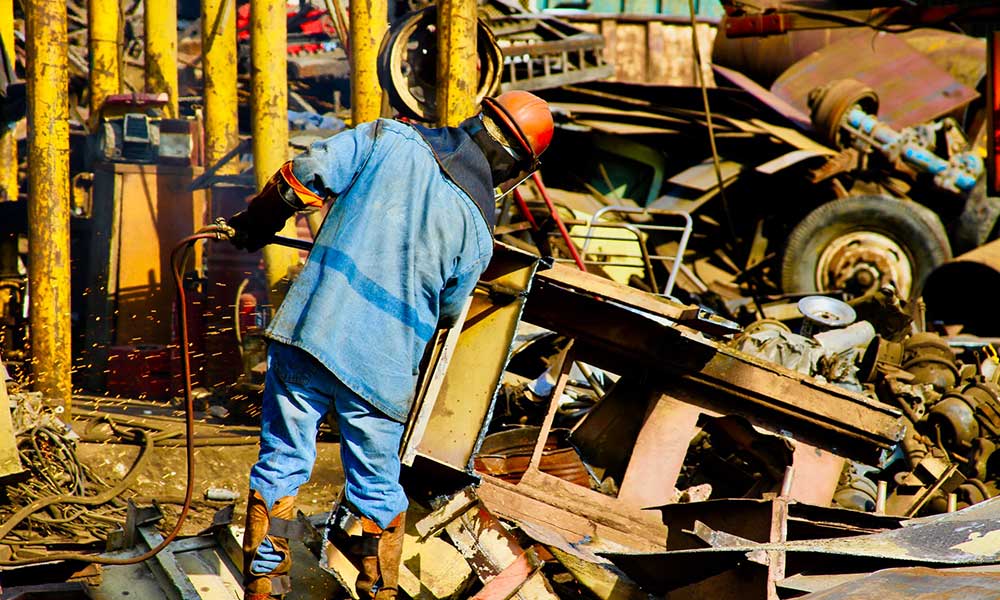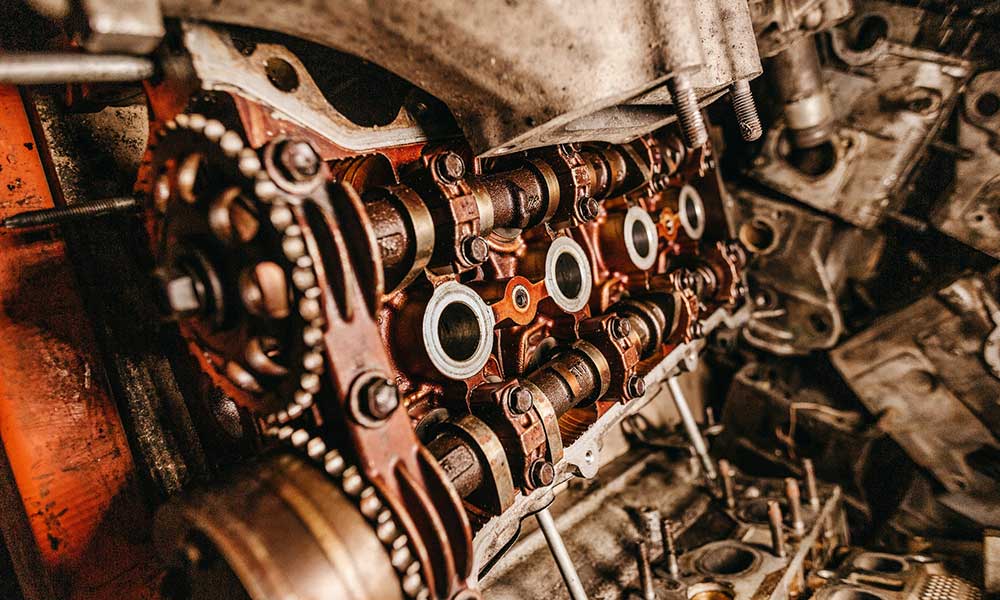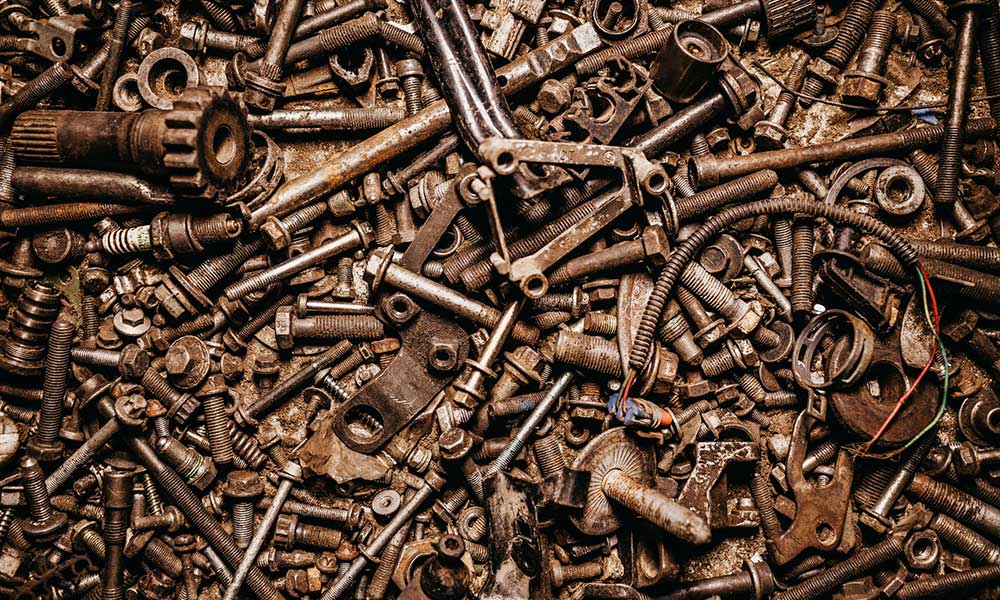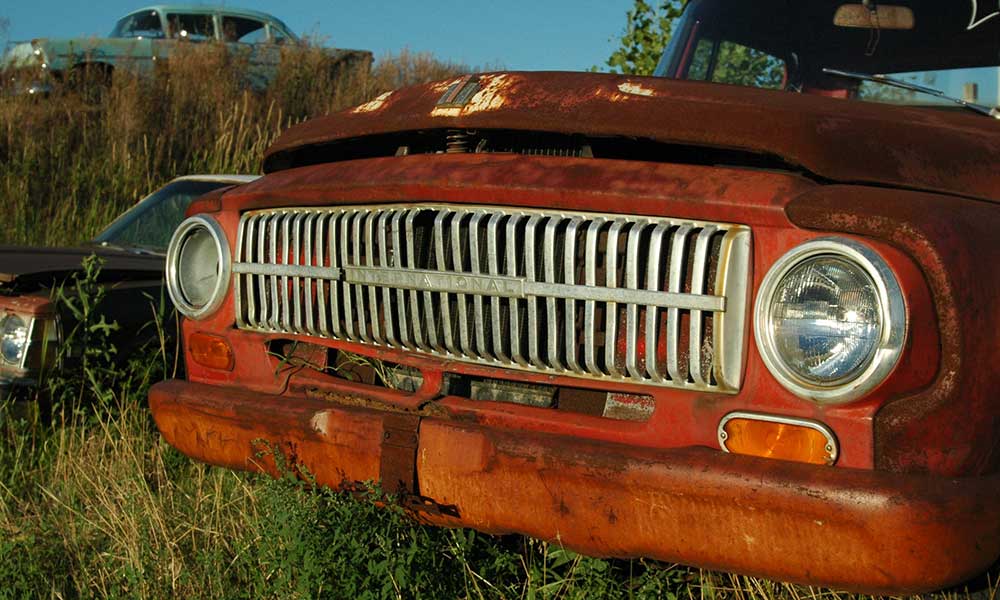There are quite a few ways that your car can become hydrolocked. Your home and property could be flooded in a storm. You could be trying to ford a seemingly shallow puddle, only to witness the front end of your car tank below the water’s surface.
You’re okay, thank goodness! You’re safe and warm on dry land. But when the waters recede, you can’t say the same for your car. Your engine is hydrolocked, and there’s no way you’re going to start it on your own.
Can you fix a hydrolocked engine? Is there anything you can do to salvage it? Let’s look at the options you have for restarting your flooded vehicle.
What Does Hydrolocked Mean?
If you take apart the word “hydrolocked,” you can probably answer this question yourself. When your engine is hydrolocked, it’s taken in a substantial amount of water in its cylinders.
Most cars these days have internal combustion engines. Your car “goes” when air is compressed; that’s how it was designed to work. When water, that incombustible substance, enters the combustion chamber, all that stops and the internal “combustion” engine no longer combusts.
The immediate impact of the water on your engine will vary with the size and force of an engine. A standard car (for example a Camry or an Accord) will likely quit immediately. There’s just not enough force to keep that engine running. This can be fixed, though, and we’ll look at those options soon.
In the most severe case, a powerful engine is running at, say, a highway speed. Your cylinders are flooded and the reaction that results will likely break components of your engine. This is a more serious matter.
To put it simply, when your engine is hydrolocked it means that it’s taken on too much water and is now “locked.” You may hear this referred to as “hydroblocked,” but it’s worth noting that this is not the common term for the mechanical problem.
Why Is My Engine Hydrolocked?
If your engine is hydrolocked, it’s not always your fault. That said, there are drivers out there who take unnecessary risks, and in many cases, hydrolocking can be avoided.
Your grandpa always told you it was a bad idea to drive through puddles, right? That’s not only because you lose traction and the ability to steer. It’s because deep waters (puddles can be deeper than you think) can flood your engine and cause serious damage.
Natural flooding is another cause for a hydrolocked engine. Even if your car is parked, it can experience serious water damage in the event of a flood. Worse damage will likely occur, however, when you’re driving and caught off-guard by flood waters.
You can also cause hydrolock when you wash your engine. If you feel you must wash your engine, but don’t know how to keep your air filter from contamination, please allow a professional to do the cleaning for you.
In many cases, it takes as little as two ounces of water to hydrolock an engine. To put it simply, any water in your combustion chamber is bad news, as you’ll be forcing your engine to work overtime.
No matter how water got into your engine, you want to fix it. Let’s look at whether a hydrolock engine can be repaired.
Can it be Fixed?
The short answer to this question is yes. In many cases, your hydrolocked engine can be rebuilt or even flushed so that your vehicle will operate once again.
First, you’ll need to remove all the water from the cylinders. Your spark plugs will be removed and your engine is cranked. We mentioned earlier that a little Camry engine can usually be fixed quite easily. In fact, sometimes this is the only step necessary to repair your engine.
If you were running your engine at speed, or if you have a more powerful engine, there may be more repairs needed. The inside of your engine is probably damaged and will need to be inspected at best, rebuilt at worst.
How Much Does It Cost to Fix a Hydrolocked Engine?
Depending upon your make and model of vehicle, you can expect to pay between $4,000 to $9,000 for the repair of your engine. In some cases, this is more than your vehicle’s value. Be sure to get more than one estimate before okaying the repairs. You should also be sure to know the value of your vehicle – replacement may be more cost-effective than repair.
Conclusion: Hydrolocked Engine Fixes
A hydrolocked engine may not be the end of your car’s life. This mechanical issue can sometimes be remedied with a simple flush, but sometimes the repairs are much more labor-intensive and expensive.
Shop around for a good estimate if your engine is hydrolocked, and be sure to tell your mechanic precisely how the water damage occurred. That foray through the puddles may cost you just a few thousand dollars, or it may cost you the price of a new vehicle.
If the engine damage is severe and there is no way to fix the engine hydrolock, you should look into selling your vehicle to a junkyard. They will take cars of all types and in any condition, even with severe internal component damage.

